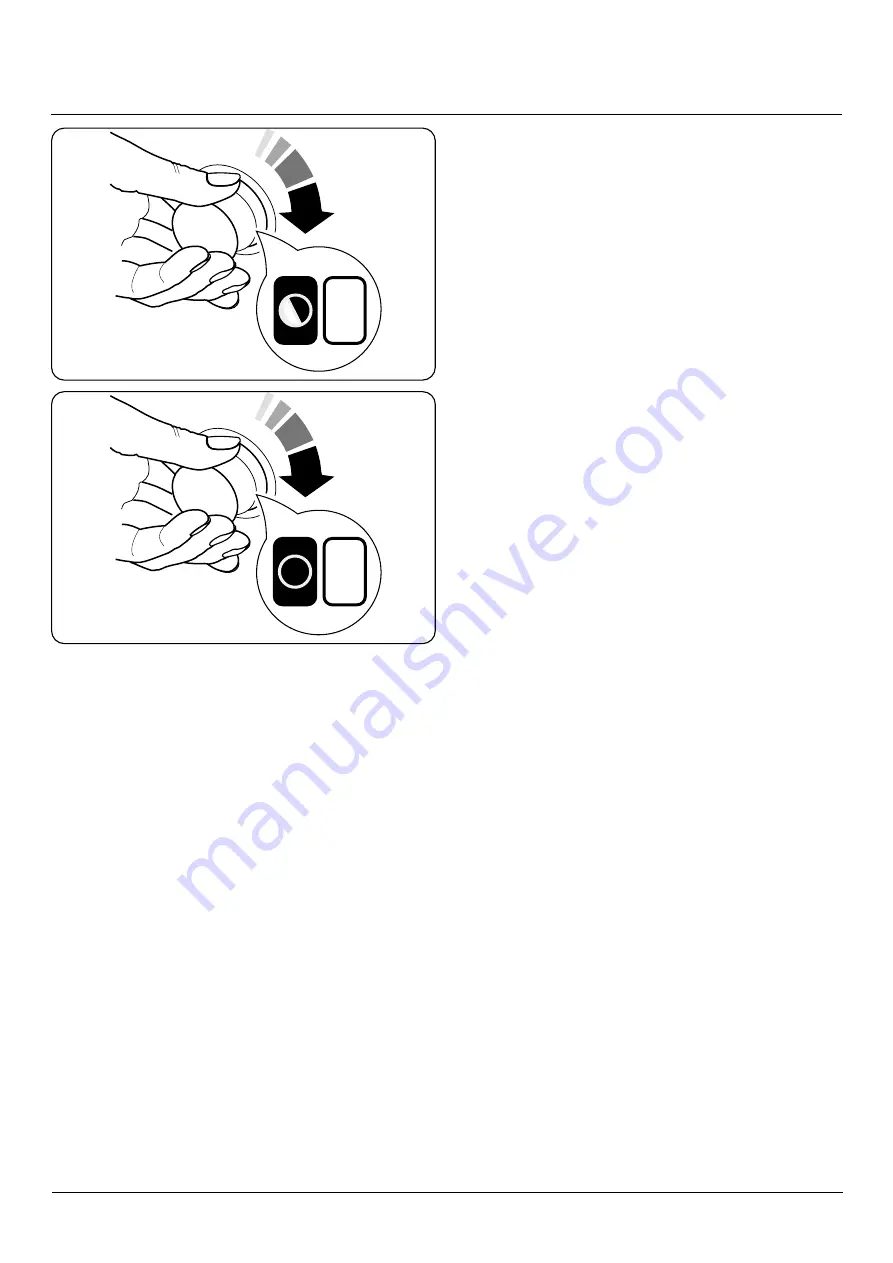
7
The cast iron hotplate is operated manually and is machined
flat to give the best all-over contact with saucepans, grill pan,
frying pan and kettle.
The boiling plate setting is the hotter of the two settings. The
hotplate can be used completely independently from the
ovens.
The whole hotplate area can be used for cooking and several
pans can be accommodated on the plate at any one time. The
hotplate is set very slightly above the top plate to minimise
scratching as the pans are pulled to one side to simmer.
The stainless steel insulated cover is brought down over
the hotplate when it is heating up or not in use. When the
hotplate is ‘ON’ the insulated cover will be warm. We strongly
advise not to put anything such as kettles, saucepans or
baking tins directly onto the insulated cover because it will
show any scratches.
Keep the hotplate clear of any burnt on food or crumbs by
brushing with the wire brush, supplied with your Stanley.
Cleaning details can be found
“Cleaning & Caring” on page
33
.
Hotplate Controls
The boiling plate setting
(
Fig. 5.2
)
(heat up time approx 30 mins)
The hottest setting, the boiling plate setting is used for
boiling, grilling, frying, making toast - indeed anything that
requires a high heat. Green vegetables keep their colour
when boiled quickly, or use a steamer over the saucepans to
cook more than one vegetable at once.
Please be advised the boiling plate setting is too hot to
cook food directly on it.
The simmering plate setting
(
Fig. 5.1
)
(heat up time approx 20 mins)
The simmering plate setting is the cooler of the two settings
and so is used for recipes that require a lower heat such as,
making sauces, scrambling eggs, heating milk, simmering
soups and root vegetables. In addition, it can be used to
cook on directly as a form of griddle - invaluable for toasted
sandwiches, quesadillas, drop scones and searing scallops.
Slow cooked toast can be made on the simmering plate
setting, no need to use the toaster here.
5. The Hotplate
Fig. 5.1
Fig. 5.2












































